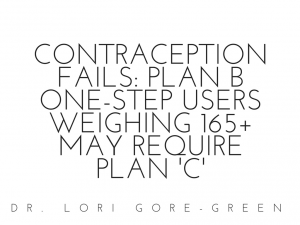One of the greatest joys in life is sitting down and reading a good book. Books offer vast amounts of knowledge and wisdom and have the ability to transport you to entirely different worlds than our own and it’s as if there’s an unending supply of them. There are so many books that it can be a challenge even deciding which ones to read. One topic, women’s health, has plenty of awesome choices to choose from, but here are a few of the best.
Come As You Are – Emily Nagoski
While sex is a wonderful thing, women sometimes struggle to truly find themselves sexually. That’s where Emily Nagoski comes in, sharing interesting research in easy to understand terms that can help you view your sexuality in a new light and ultimately becoming more comfortable in your own skin. You may think you know a lot about sex, but this book will make you realize you were wrong and lead you to an all-around better sex life.
The Emotionally Healthy Woman – Geri Scazzero
There are times in our lives where we often feel stuck and unsure of how to find the happiness we deserve. According to author Geri Scazzero, the answer lies in quitting. Quit the things that make you unhappy and you can begin rediscovering yourself and ultimately become an emotionally healthy woman. For Gerri, this began when she quit the church her husband pastored and realized she had to do what was right for her. The book also has an accompanying video series and is recommended to be used for both personal reflection or group discussion.
